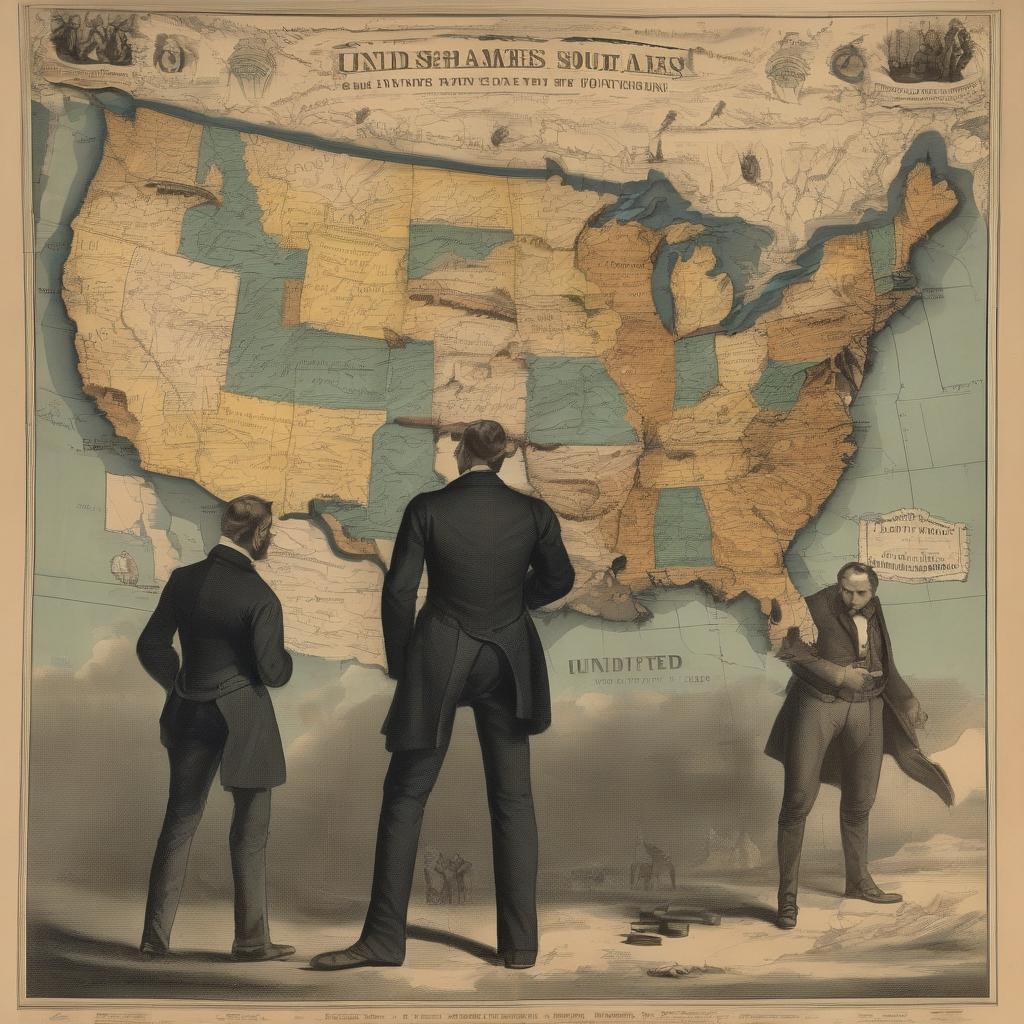
Conspiracy Theories During the American Civil War
“`html
Conspiracy Theories During the American Civil War
Introduction
The American Civil War (1861–1865) was a period of intense division, not just politically and militarily, but also in the realm of public perception. Amidst the chaos, conspiracy theories flourished, with some Americans pointing fingers at secret societies—including the Illuminati—as hidden instigators of the conflict. While the war’s root causes were deeply tied to slavery, states’ rights, and economic disparities, fringe groups and fearful citizens often sought more shadowy explanations. This article explores whether Americans blamed the Illuminati for the Civil War and how conspiracy theories shaped wartime rhetoric.
Main Content
1. The Role of Secret Societies in Civil War Conspiracies
During the Civil War, rumors swirled that clandestine organizations—such as the Illuminati, Freemasons, or European revolutionaries—were manipulating events from behind the scenes. Some Northerners accused Southern elites of being part of a Masonic-Illuminati plot to preserve slavery, while Southerners claimed abolitionists were tools of a radical European conspiracy. These fears weren’t entirely new; they echoed earlier anxieties seen in the Illuminati’s alleged influence on American politics during the late 18th century.
2. Religious and Political Leaders Fueling Suspicion
Prominent figures on both sides contributed to the paranoia. Northern preachers like George B. Cheever warned of a “slave power conspiracy” tied to secret societies, while Southern fire-eaters claimed Lincoln’s election was orchestrated by European radicals. This rhetoric mirrored earlier fears seen in the role of religious leaders in spreading Illuminati panic during the 1790s. Even newspapers stoked fears, with some alleging that foreign agents were funding secession or abolitionist movements.
3. The Illuminati Myth vs. Reality
Despite the whispers, there was no evidence linking the Bavarian Illuminati (disbanded in 1785) to the Civil War. Instead, the term became a catch-all for any suspected hidden cabal. The real conspiracies—such as Confederate plots to expand slavery or Union efforts to undermine Southern sympathizers—were far more grounded in tangible political struggles. Yet, the Illuminati legend persisted as a convenient scapegoat for a nation desperate to explain its own self-destruction.
Conclusion
While the Illuminati were not truly responsible for the American Civil War, conspiracy theories about secret societies played a role in shaping public fears. These narratives reflected deeper anxieties about disunion, foreign influence, and societal change. Much like earlier panics, the Civil War era showed how easily people could blame shadowy forces for complex historical events. Understanding these myths helps us recognize how conspiracy theories emerge during times of crisis—then and now.
FAQ
Did Abraham Lincoln believe in Illuminati conspiracies?
No evidence suggests Lincoln took Illuminati theories seriously. He focused on preserving the Union and ending slavery, dismissing fringe claims.
Were Freemasons involved in the Civil War?
Freemasons fought on both sides, but there was no unified Masonic conspiracy. The anti-Masonic movement of the 1820s–30s had faded by the 1860s.
Why do conspiracy theories emerge during wars?
Wars create uncertainty, and people often seek simple explanations for complex events, turning to myths of hidden enemies.
“`
